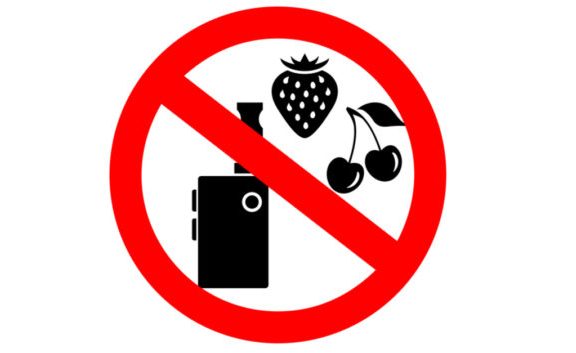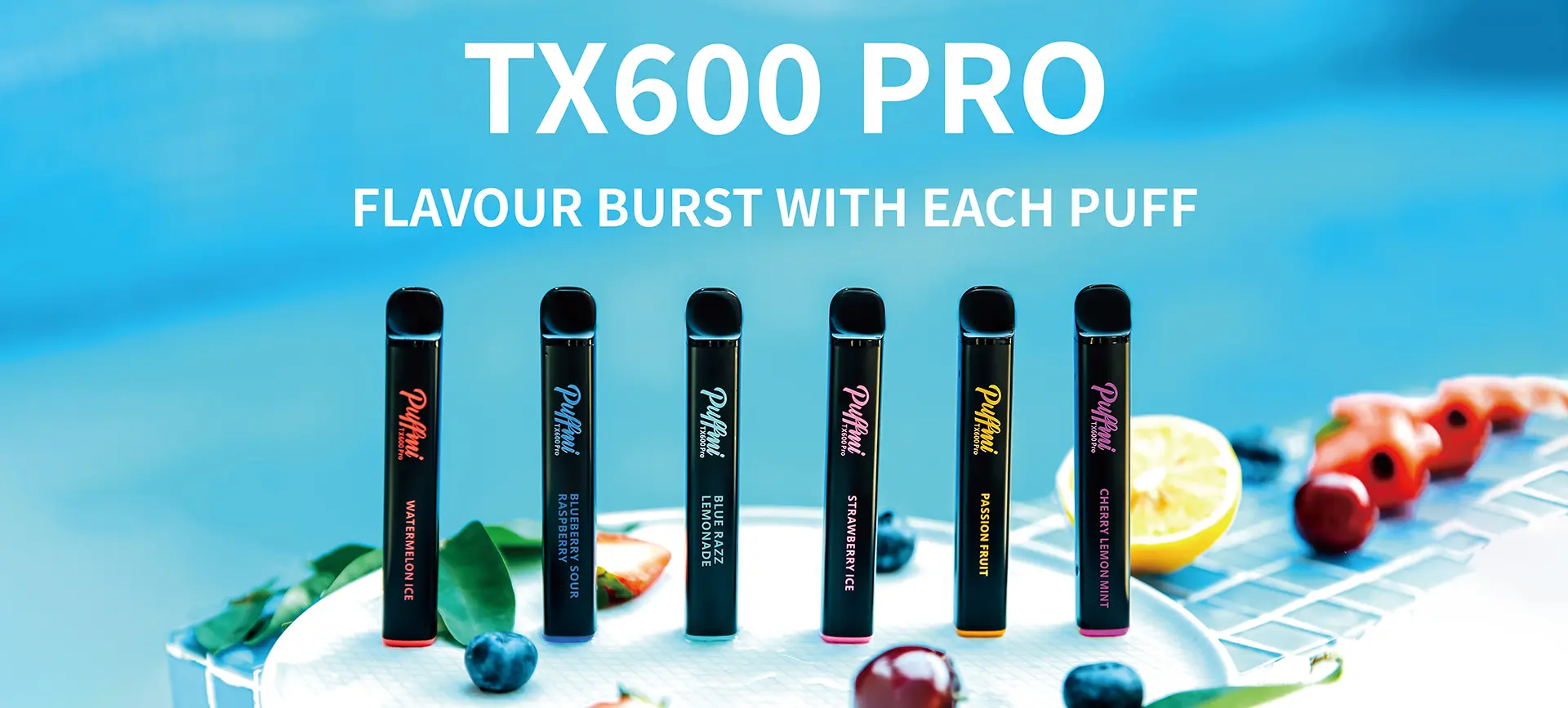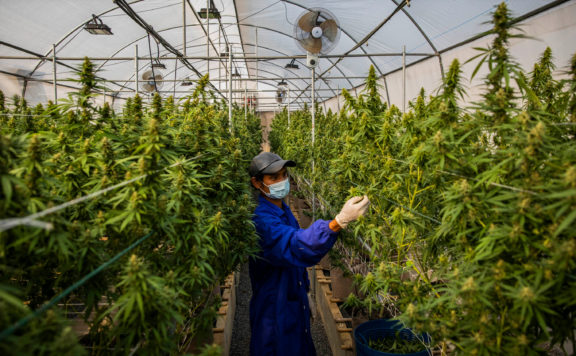For the first time, the vaping industry is facing a bleak future. Herald as the cure to the smoking problem the future for the young industry is shaky. Last month the United States Food and Drug Administration (FDA) banned the sale of Juul Lab’s e-cigarettes. But a few weeks later the FDA paused its decision to review Juul Lab’s marketing application.
This decision to pause the ban came a few days after the federal court had temporarily frozen it to allow the appeal by Juul labs. While Juul products are likely to remain on store shelves for much longer the coast is not yet clear for the company. The FDA has not rescinded its ban it merely paused it.
Juul is both the most recognizable and the most popular e-cigarette company in the world. Any ban on the company products is likely to have a ripple effect on the rest of the e-cigarette industry players. Players in the industry have every right to be interested in what will happen to Juul labs as it faces a potential demise.
Even more worrying to industry players are the new studies that now show that e-cigarettes such as Juul products are not safe as many people once believed. For example, a recent study conducted by Augusta University’s Department of Interdisciplinary Health Sciences showed that Juul e-cigarettes elevated the risk of thrombosis in patients.
According to Dr. Zubair Karim an assistant professor at Augusta University, and one of the researchers who carried out the study “Thrombosis is the formation of a blood clot, either partial or complete blockage, within blood vessels, whether venous or arterial, limiting the natural flow of blood.”
Thrombosis leads to many complications in patients including stroke, breathing problems, and heart attacks among many others. This is a serious problem that now has many researchers interested in finding out the long-term effects of vaping.
The banning of Juul products is thus seen only as the first step. With more studies being carried out other e-cigarette brands are likely to get banned. While there is no major difference between Juul e-cigarettes and other products on the market, Juul has been the most popular product among the youth and if it has any adverse health impact then the youth will suffer the most.
Already many local and state governments across the United States have begun creating laws to limit the use of e-cigarettes. Some state only allows vaping in licensed bars and restaurants. Some have banned the practice from public spaces.
For the past several years e-cigarettes were considered a safer alternative to smoking. However, their attractive packages, undetectability, and many flavors have made them popular among teens. This has had governments across the world looking into how to limit their accessibility and use.
With studies now showing that vaping could still pose some serious health risks, the government are beginning to tighten the noose around their use. Although researchers are yet to fully understand the long-term health effect of e-cigarettes the market now looks shaky.







